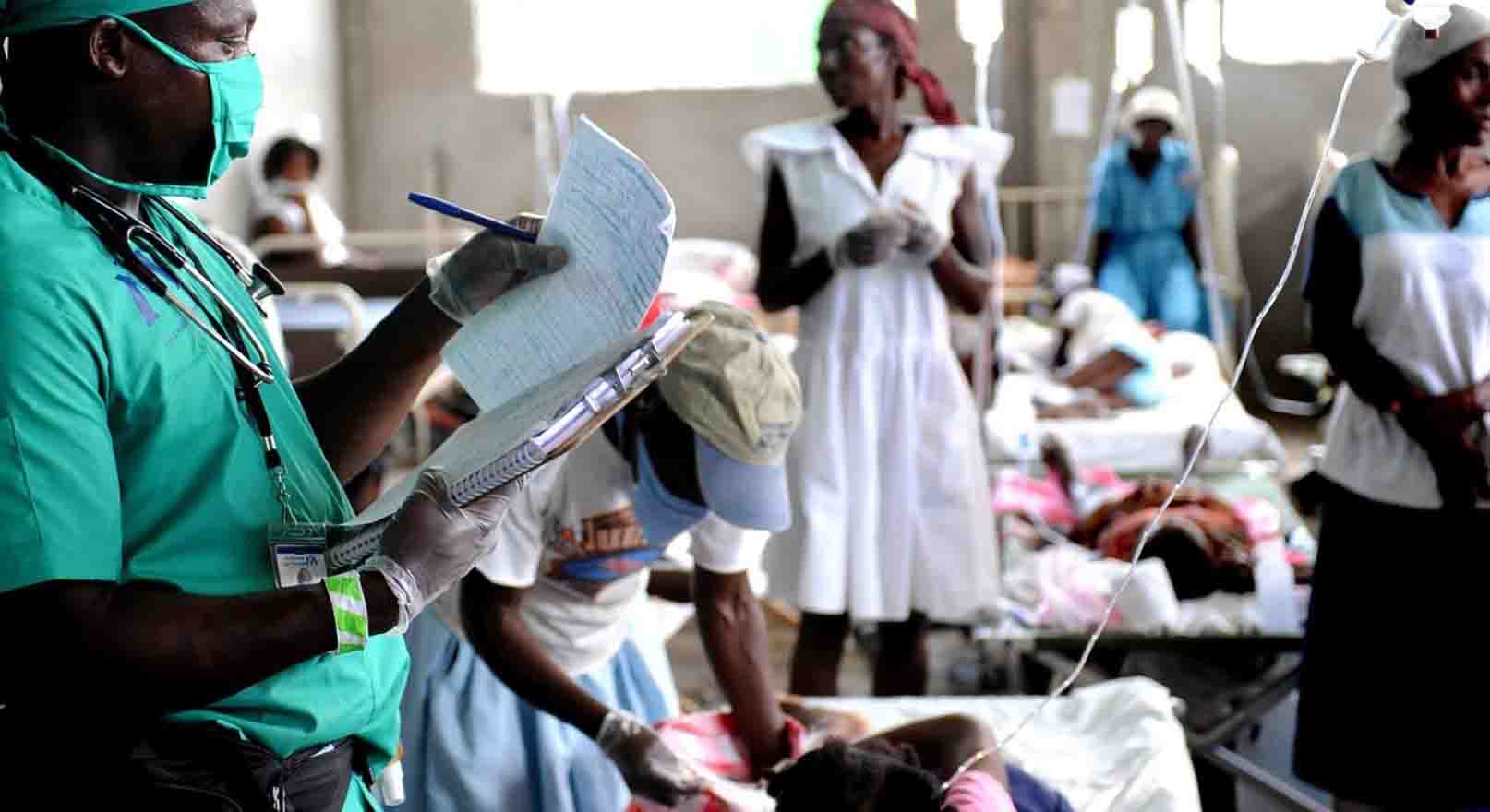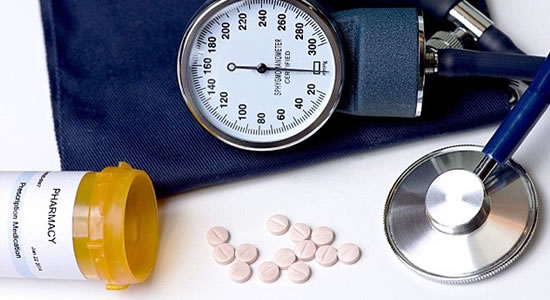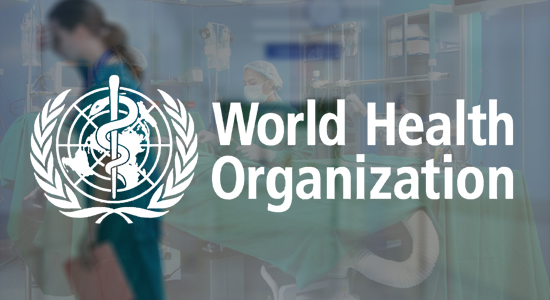Court Adjourns Ruling On Metuh’s Application For Permission To Travel
The Supreme Court on Friday adjourned the hearing of Olisa Metuh’s application seeking permission to travel abroad for urgent medical treatment.
The trial judge, Justice Okon Abang, noted that even though the application was filed as urgent, the cases cited by the parties have just been forwarded to him.
The judge said he will need time to study the cases.














